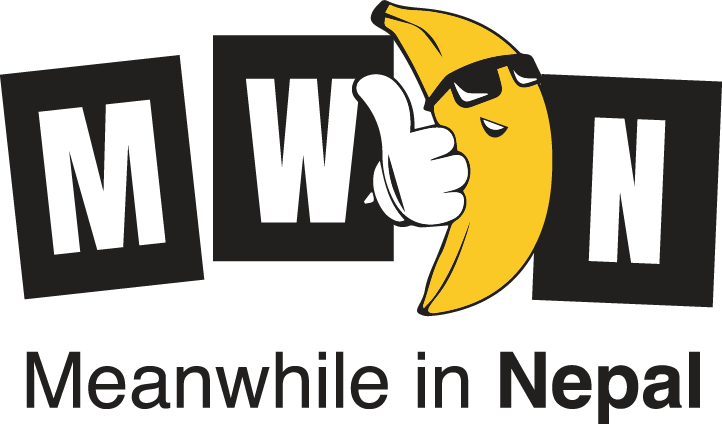Share the post "Government vs. ISPs: The Battle Behind Nepal’s Internet Blackout Explained"
On Thursday, a significant portion of Nepal’s internet service providers (ISPs), including WorldLink, Subisu, Vianet etc are down as the bandwidth provider has stopped the service due to payment issue, leaving many users frustrated and disconnected. WorldLink, one of the major players in the industry, issued a notice attributing the disruption to the government’s interference, specifically its refusal to permit the ISPs to make payments to Indian companies.
The ongoing feud between Nepal’s internet service providers (ISPs) and the government has escalated further, with accusations flying and tensions mounting over unpaid fees and taxes. The latest developments shed light on the complexities of the dispute and its implications for Nepal’s digital infrastructure.
At the center of the conflict is the Nepal Telecommunication Authority (NTA) and the Information and Communication Ministry’s accusations against ISPs for failing to pay their share of the Rural Telecommunication Fund and royalty. As a result, the government has blocked ISPs from exchanging Indian currency to pay for crucial bandwidth services from Indian providers like Tata and Airtel.
Sudhir Parajuli of the Internet Service Providers’ Association of Nepal (ISPAN) had already warned of potential service disruptions, as Indian bandwidth providers grow increasingly apprehensive about the delay in payment, which amounts to a staggering Rs 5 billion owed by Nepal’s ISPs.
The government contends that ISPs are obligated to contribute 2% of their income to the Rural Telecommunication Fund and 4% royalty to the government. An internal investigation revealed that ISPs owe approximately Rs 2.5 billion in unpaid fees and royalty. However, ISPs argue that the government has unilaterally imposed additional taxes and royalty, contradicting agreements reached five years ago.
Adding to the turmoil, the government’s decision to unilaterally increase the tax on ISPs to 13% during the pandemic met fierce opposition. ISPs argued that passing on the added cost to consumers would inflate internet prices. A compromise was eventually reached, leading to the removal of tax on maintenance and customer service.
The conflict traces its roots to conflicting directives and agreements. A former parliamentary Public Accounts Committee had previously ordered the exemption of ISPs from paying taxes on non-telecom components. However, the Ministry of Communication and Information Technology rejected this ruling, insisting on the recovery of unpaid charges and taxes.
The Auditor General’s intervention further complicated matters, prompting the government to demand the clearance of dues from ISPs. The current Public Accounts Committee reiterated the demand for recovery, linking it to the provision of foreign currency to ISPs.
Adding fuel to the fire, the British Embassy has intervened, expressing concerns to Finance Minister Barsha Man Pun about the perceived pressure on ISPs. This intervention is significant, given that the British government’s CDC Group has invested heavily in WorldLink, further complicating the dynamics of the conflict.
In the meantime, Nepali internet users remain caught in the crossfire, experiencing disruptions to essential services and highlighting the urgent need for a resolution to this protracted conflict.














Comments